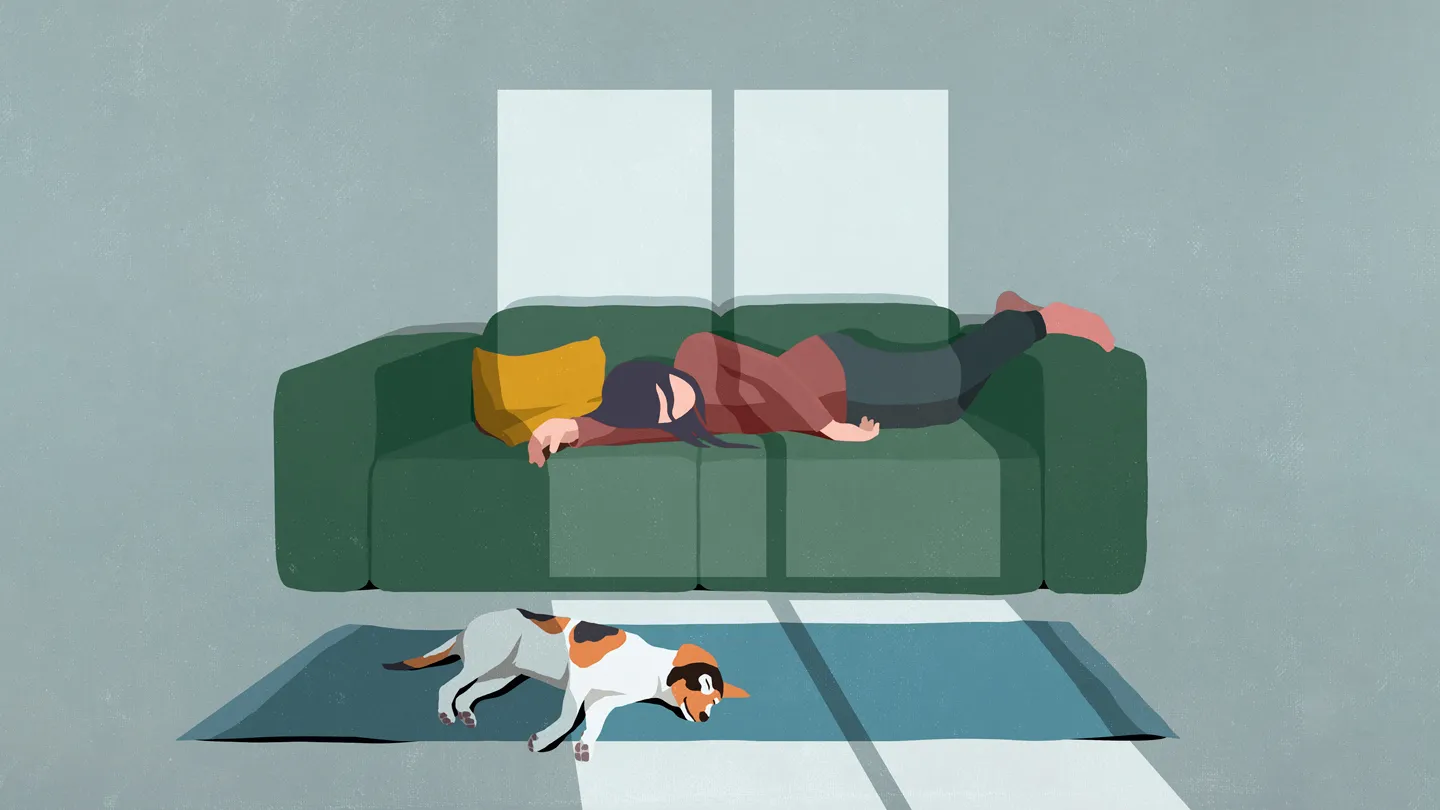The key to easing fatigue is not to ignore it. “Fatigue is a sign that something requires attention,” Katkov says.
1. Get Ulcerative Colitis Under Control With Treatment
2. Rule Out Other Causes of Fatigue
“Go through the full list of diagnostic possibilities,” Katkov advises. For example, if the ulcerative colitis is in remission but you’re still experiencing fatigue, have your healthcare provider run a blood test to check for anemia or vitamin deficiencies. “You may also want to ask your doctor whether a medication or a recent stressful situation might be triggering your tiredness. Get to the root of the problem and address it,” he adds.
3. Move More
Haupert, who blogs about food and fitness at Carrots ’N’ Cake, suggests trying to do something active every day, even if it’s a short walk around your neighborhood. “Even though I battle fatigue, I always feel better and more energized after some exercise,” she says.
4. Try to Sleep at Least 7 Hours a Night
If tossing and turning at night is leaving you feeling fatigued the next day, talk to your doctor about ways to improve your sleep. Also, consider cutting back on caffeine and removing distracting electronic gadgets from your bedroom.
5. Eat Healthy Diet
Eating well plays a big role in overall health, says Katkov. He suggests eating a healthy, balanced diet that’s high in nutrient-rich foods that don’t aggravate your digestive tract.
6. Plan Ahead
7. Rethink the 9-to-5 Workday
“When fatigue is significant, adjustments in work are appropriate and recommended,” Katkov says. If fatigue is making it hard to get through the workday, consider asking your employer whether they would allow you to work more flexible hours.
8. Try to Reduce Stress
9. Learn Your Fatigue Triggers
Everyone’s different, so try to figure out which habits wear you out and which tend to put a little pep in your step — and act on them accordingly. “Manage your life in a way that works for you,” says Bales, who also works as a running coach. “If that means you work out in the morning and go to bed early in the evening, that’s the way you need to do it.”
Read the full article here




